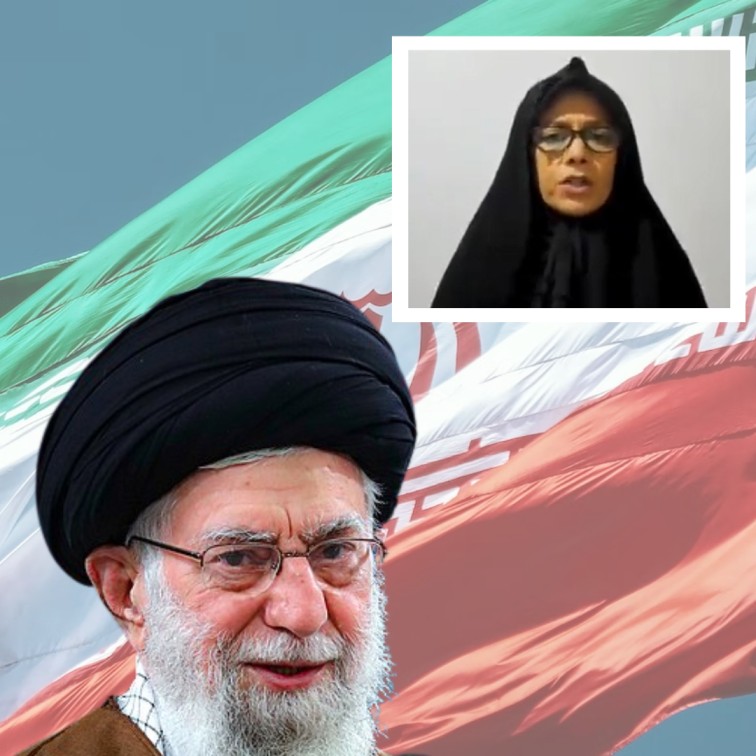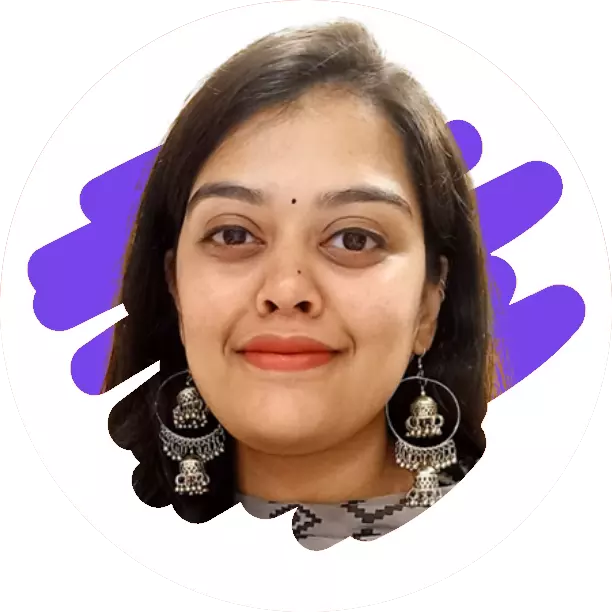
Image Credits: Unsplash, Wikipedia, Twitter/Farhad Rezaeii
Niece Of Iran's Supreme Leader Asks Foreign Nations To Cut Ties With Iran
Writer: Hardik Bhardwaj
He is a student of SIMC, who is organized and able to meet deadlines in a fast-paced environment.
Others/World, 28 Nov 2022 12:53 PM GMT
Editor : Jayali Wavhal |
She writes about gender issues, human interest, and environment.
Creatives : Jayali Wavhal
She writes about gender issues, human interest, and environment.
Talking about the oppressive regime, Farideh Moradkhani said it is not true to any of its Islamic ideals and has no knowledge of any law or regulation other than coercion.
As tensions flare in Iran amid ongoing anti-hijab protests, Farideh Moradkhani, the niece of Iran's supreme leader Ayatollah Ali Khamenei, urged other nations to sever all ties with Tehran's "murderous and child-killing" dictatorship. She was speaking in a video which was posted by her brother Mahmoud Moradkhani on Friday, two days after she was arrested by Iranian authorities. The video has now gone viral on social media platforms, bringing the world's attention to Farideh's request.
Who Is Farideh Moradkhani?
Farideh Moradkhani is an engineer and a prominent activist. She is known for her opposition to Iran's clerical authorities and has also served time in prison before.
After being posted by her brother Mahmoud Moradkhani, who lives in France, the video began to go viral online. In the video, Moradkhani criticised the international community's passivity and denounced the clear and blatant tyranny Iranians are experiencing. According to The Guardian, Mahmoud Moradkhani claimed that his sister had been arrested after coming to the prosecutor's office in response to a summons.
Talking about the oppressive regime, she said it is not true to any of its Islamic ideals and has no knowledge of any law or regulation other than coercion and keeping its power in any manner possible. She also claimed that the Iranians had been left alone in their struggle for freedom.
Chaos In Iran
Iran has been rocked by more than ten weeks of nationwide demonstrations in response to the passing of Mahsa Amini, a 22-year-old Kurdish woman detained by the morality police for allegedly inappropriately wearing her hijab. The anti-clerical protests have expanded into a large-scale movement to oppose the theocracy that has controlled Iran since 1979. Over 450 protestors have been killed in retaliation.
Since the beginning of the protests, more than 2,000 people have been charged, including famous personalities, such as rapper Toomaj Salehi, who could face the death penalty for supporting the protests. The Iranian football players also refused to sing the national anthem in their FIFA World Cup game against England as a sign of support but had to step back and sing in their next match against Wales amid threats of reprisals.
In a resounding vote on Thursday, the UN's highest human rights council has launched an inquiry into Iranian human rights violations that occurred during the bloody security crackdown on anti-government protests.
Also Read: World Cup 2022: Iran Players Make Powerful Statement With Their Silence During National Anthem
 All section
All section













